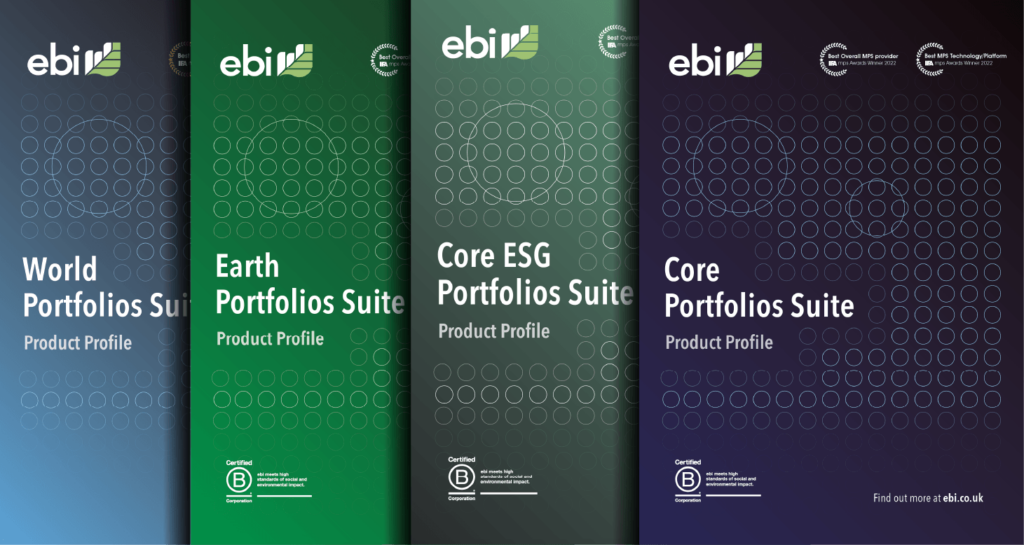Positive Screening
A core approach in Environmental, Social and Governance (ESG) investing

What is positive screening?
Positive screening, or inclusion based investing, is an approach where companies are included in a portfolio according to defined criteria.
This could be the industry they operate in, such as renewable energy, or an alternative strategy could be how they score on ESG criteria.


What is ESG criteria?
Environmental, Social and Governance (ESG) factors are used to assess a company’s societal contribution with regard to their stakeholders (employees, partners, institutional investors, subcontractors and customers) and the environment.
They also serve to guide and structure the analysis of a company’s financial performance.
Positive screening is a core approach in Environmental, Social and Governance (ESG) investing
In contrast to the traditional exclusionary approaches to ESG, which screen out companies in negative scoring sectors such as gambling and pornography, positive screening strategies focus on companies that exceed certain criteria.
This could be across general targets such as the United Nations’ Sustainable Development Goals (SDGs), or in specific areas such as climate change or human rights.
Together with exclusionary-based screening, it is a core approach within sustainable investing.
Why use positive screening?
The approach may suit investors who only want to fund companies that make an impact on ESG factors.
Also, some negative screening approaches exclude whole sectors, such as weapons manufacturing or energy. But inclusion can take a more precise view of each company’s actual ESG impact.
For example, some major energy companies have a strong commitment to developing renewable energy, so we believe they should not automatically be excluded from portfolios.

ebi has created a range of low-cost, diversified, passively managed portfolios.




